The team from Tu Du and Nhi Dong 1 hospitals examined a Singaporean pregnant woman before performing fetal heart catheterization.
This is an important technical and professional milestone, marking a new turning point in fetal medicine in Vietnam, becoming a destination for foreign patients.
"Like a miracle, thank you for the kindness and enthusiasm of Vietnamese doctors"
After a day of successful fetal heart catheterization intervention for her unborn baby, despite the risk of stillbirth due to a severe congenital heart defect, pregnant woman KWS (41 years old, Singaporean) could not hide her emotions, tears fell, but at this time they were tears of happiness.
The mother S. expressed her sincere gratitude to the hospitals, all the doctors and nurses, especially those on the team who helped her family overcome their worries and language difficulties. Her husband also continuously thanked the Vietnamese medical team for always being kind, enthusiastic and saving their little child. "This is like a miracle," he said.
Ms. S. became pregnant after 10 years of infertility, but unfortunately the fetus had a severe congenital heart disease and was at risk of stillbirth. She was referred to Ho Chi Minh City by a leading hospital in Singapore to undergo fetal heart catheterization.
Unlike the previous 8 cardiac catheterizations, which were performed only once, the cardiac catheterization for the Singaporean pregnant woman had to be performed twice, because the first time the team could not reach the left heart chamber due to the fetus's fixed prone position.
Doctor Tran Ngoc Hai - director of Tu Du Hospital - said that this case of fetal heart catheterization was "an extremely complicated and difficult consideration", when the team had to decide to stop the first fetal heart catheterization.
According to Dr. Do Nguyen Tin - head of the cardiovascular intervention unit at Children's Hospital 1, one of the main members of the team, because the pregnant woman was a foreigner, the entire fetal heart catheterization process was more stressful than previous cases.
The disease progressed so much that it was difficult to perform a heart catheterization. Furthermore, the first fetal heart catheterization failed, so the second heart catheterization put more pressure on the heart.
What makes Vietnamese doctors try even harder is that a leading hospital in Singapore proactively referred a pregnant woman to Ho Chi Minh City for fetal heart intervention. This not only demonstrates their confidence in the professional capacity of the Vietnamese medical team but also demonstrates the recognition of the ASEAN region for the high level of technology in the field of fetal medicine in our country.
From now on, many Vietnamese patients with difficult medical conditions will no longer have to go abroad to save their children's lives.
The medical team from Tu Du Hospital and Children's Hospital 1 focused on performing fetal catheterization on a Singaporean pregnant woman - Photo: Provided by Tu Du Hospital
Obstetrics and gynecology, laparoscopic surgery increasingly attracts foreign patients
Not only fetal medicine, recently many foreign patients have come to Vietnamese hospitals for laparoscopic surgery and in vitro fertilization.
Speaking to Tuoi Tre on May 29, Dr. Dang Huy Quoc Thinh - former deputy director of Ho Chi Minh City Oncology Hospital and president of the Vietnam Palliative Care Medicine Association - expressed his pride in the ability to intervene in fetal heart disease by doctors at Tu Du Hospital and Children's Hospital 1. "This technique is so difficult that even Singapore, a country with a developed healthcare system, has not been able to implement it, and has sent patients to Vietnam for treatment," Dr. Thinh said.
According to Dr. Thinh, obstetrics and gynecology is one of the most developed fields of Vietnamese medicine, especially in Ho Chi Minh City. The most prominent of which is the in vitro fertilization (IVF) technique, which has been implemented very successfully and safely with a high success rate, attracting many infertile families from countries in the region to Vietnam.
Next, the field of endoscopic surgery, especially gastrointestinal and neuroendoscopy, has developed strongly.
Major hospitals such as Binh Dan, Cho Ray, and University of Medicine and Pharmacy regularly organize training courses, attracting many doctors from countries in the region such as Thailand, Singapore, Philippines, Malaysia, Indonesia... to come and learn.
"Vietnamese healthcare has made significant progress in mastering specialized techniques, especially in obstetrics and gynecology, and laparoscopic surgery has attracted both international patients and doctors. However, to become a strong and sustainable healthcare system, it is necessary to solve the problem of universal healthcare access and reduce the burden on upper-level hospitals," Dr. Thinh shared.
Dr. Ho Manh Tuong - General Secretary of the Ho Chi Minh City Association of Reproductive Endocrinology and Infertility - said that in vitro fertilization in Vietnam started 20 years after the world and about 10 years after other countries in the region, but has developed quite quickly and strongly. Currently, Vietnam is the leading country in IVF technology in the ASEAN region and belongs to the group of countries with strong IVF development in the world .
For that reason, the trend of going abroad for treatment in this field is "reversing", meaning that many patients from abroad are flocking to Vietnam for reproductive support. The success rate of IVF in groups that have been deployed in Vietnam is equivalent to that of developed countries in the world.
Timing of cardiac catheterization is critical
Choosing the gestational age for cardiac catheterization is also extremely important. According to Dr. Hai, this will greatly determine the success of the surgery.
If the decision is made too early, when the fetus is still small, it will be difficult to insert the needle into the correct position. If the fetus's heart is larger to make it easier to locate, the damage to the heart will be severe and may not recover after surgery.
At this time, as shared by many doctors, it is time for Vietnam to have the opportunity and basis to become a major medical service provider, providing medical tourism services in the region. Especially in areas with great potential in Vietnam such as dentistry, obstetrics, pediatrics...
There will be the first fetal medicine center in the North
According to Mr. Nguyen Duy Anh, Director of the Central Maternity Hospital, the Ministry of Health has decided to allow this hospital to establish a Fetal Medicine Center. For the past 2 years, the hospital has also sent medical teams to study techniques to diagnose, intervene and treat babies in the womb.
Mr. Anh also said that this will be the first fetal medicine center in the Northern region. "Previously, technically, we were not able to treat babies with diseases before they were born.
But now it is possible to use cameras for diagnosis, and endoscopic equipment to perform techniques to treat cardiovascular diseases, twin-to-twin transfusion syndrome, oligohydramnios, and diaphragmatic hernia..." - Mr. Anh said.
XUAN MAI - HONG HA
Source: https://tuoitre.vn/viet-nam-thanh-diem-den-voi-benh-nhan-thong-tim-bao-thai-20250529231436864.htm


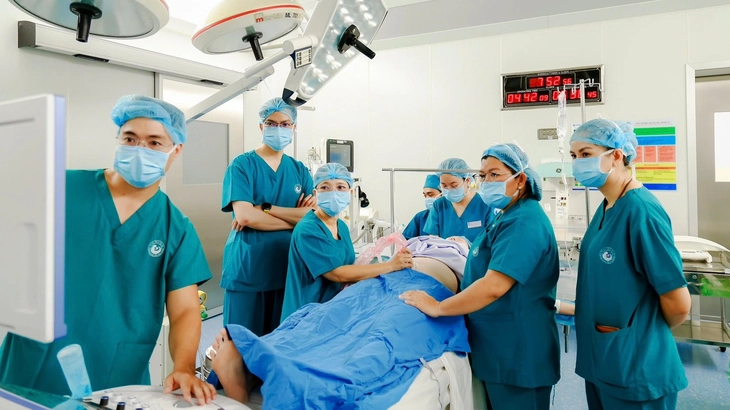
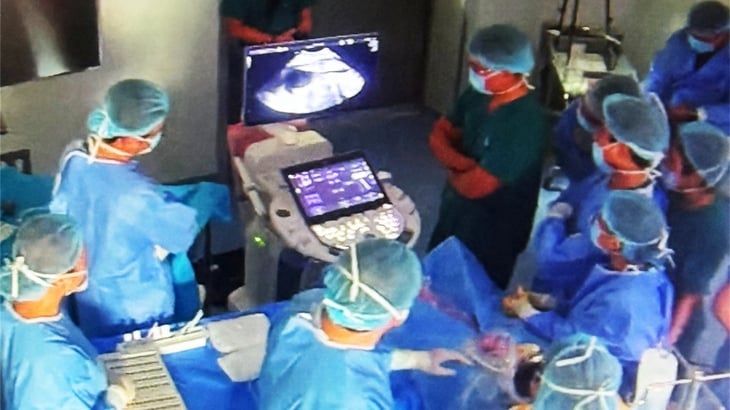
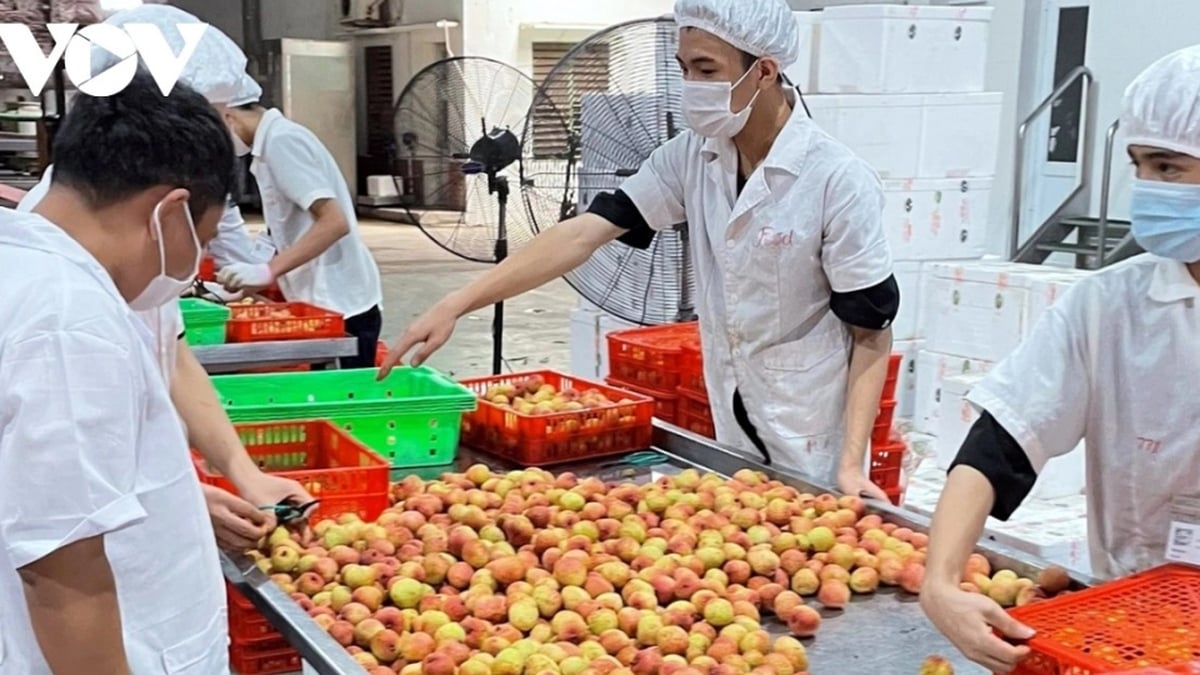
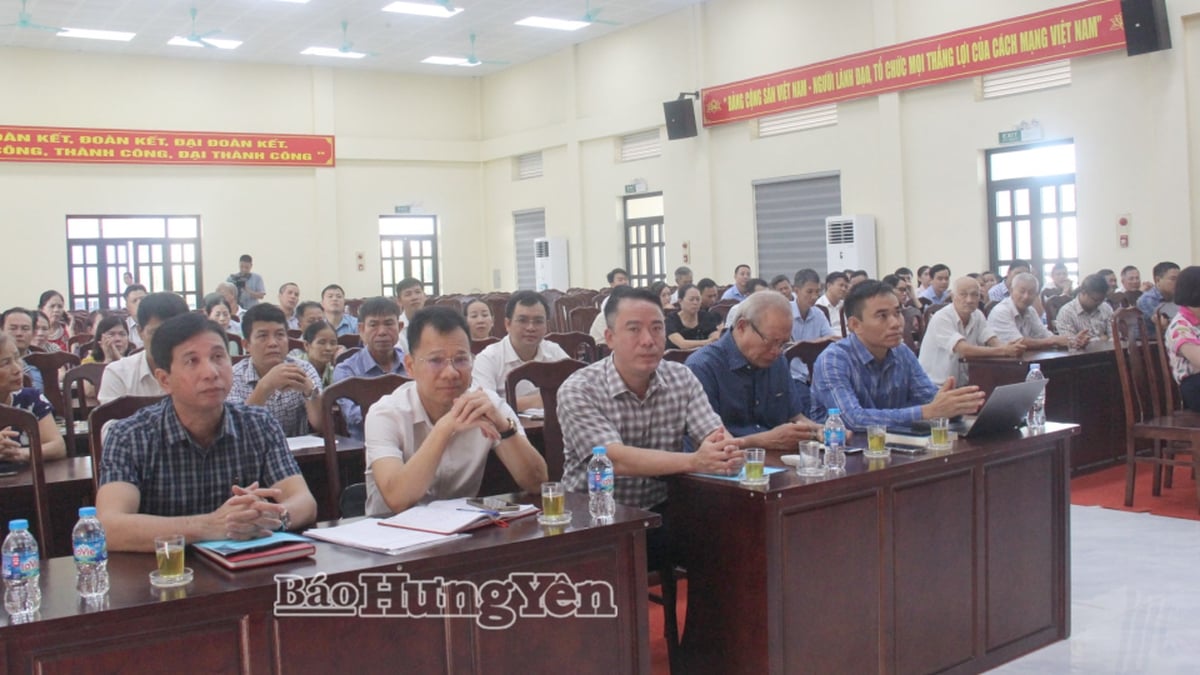

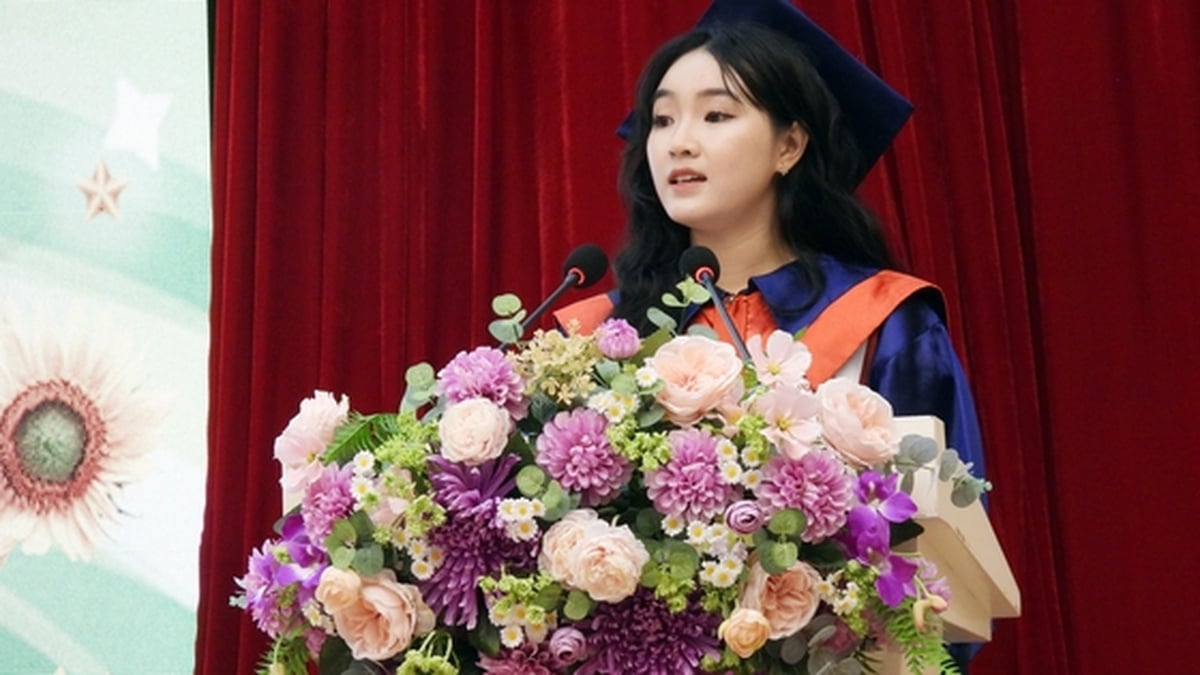



























































































Comment (0)